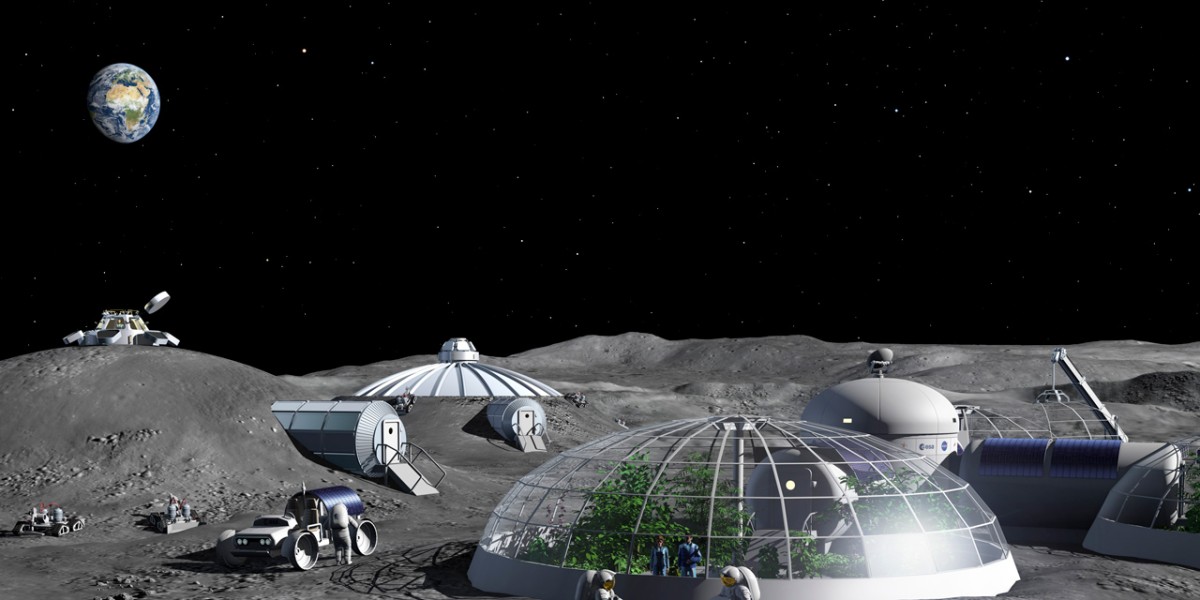 Scientists at the Bauman Moscow State Technical University (MSTU) and the All-Russian Research Institute of Aviation Materials (VIAM, part of the Kurchatov Institute) have proposed using a hybrid unit as a power plant for Russia’s planned lunar base. This will comprise a nuclear plant and an energy conversion system (ECS).
Scientists at the Bauman Moscow State Technical University (MSTU) and the All-Russian Research Institute of Aviation Materials (VIAM, part of the Kurchatov Institute) have proposed using a hybrid unit as a power plant for Russia’s planned lunar base. This will comprise a nuclear plant and an energy conversion system (ECS).
The researchers say that, regardless of the purpose and scenario of the mission, a reliable source of energy is needed for successful exploration of the Moon. That source can be a planetary power station based on the synergy of nuclear and non-nuclear energy sources as part of a single energy system of the lunar infrastructure. They are proposing an autonomous high-temperature nuclear reactor and a Stirling cycle based ECS. The Stirling cycle involves the operation of a heat engine, which contains not only a heater and a refrigerator, but also a regenerator. This, at certain stages, removes or gives off heat to the working fluid. It is also used in air-independent power plants of submarines.
The nuclear reactor, which will be a source of thermal energy, must have high reliability, autonomy and natural safety, the scientists say. They are developing their concept of the reactor taking into account the groundwork in the field of fast liquid metal reactors, and plan to use proven technical solutions. The plant will be arranged in a modular manner so that a single failure of one unit does not lead to failure of the whole system. Heat transfer will result from the high-temperature heat pipes. The electrical power of the installation should be 50 kWe.
Image: Russia has proposed using a hybrid unit consisting of a nuclear plant and an energy conversion system according to the Stirling cycle as a power plant for Russia’s planned lunar base (courtesy of Kurchatov Institute)



